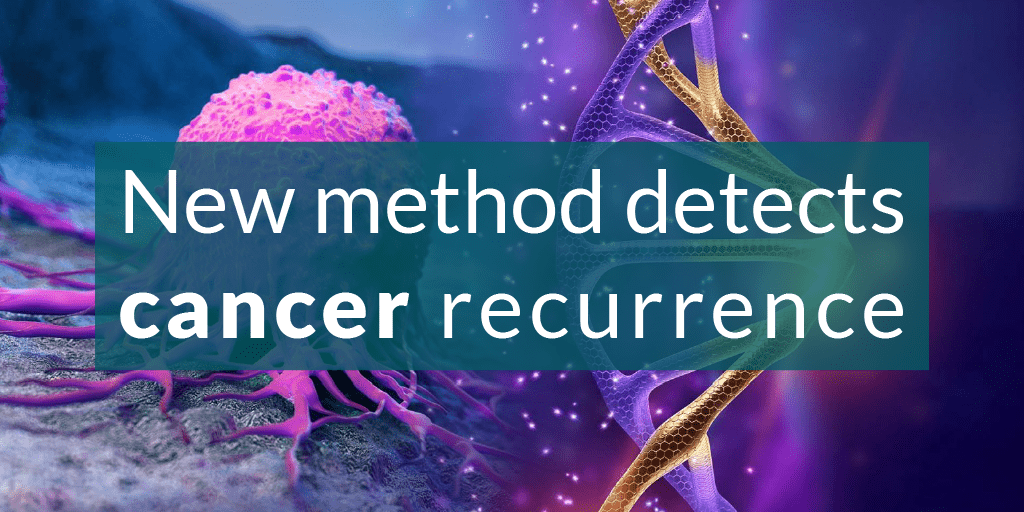New sensitive method detects mutations at extremely low concentrations
A new method called superRCA can detect very low concentrations of mutations, down to one cell in 100 000. The project was co-led by SciLifeLab researchers Lucia Cavelier (Clinical Genomics at Uppsala University) and Ulf Landegren (UU). Clinical Genomics (CG) Uppsala, benchmarked the superRCA method against those currently used in clinical practice and facilitated the adaptation for clinical use.
To monitor the progress and therapy response of malignant disease, rare tumor-specific mutations in samples from patients can be used.
A problem here is that although such mutations may be present at an early stage when detecting them could be very useful, they exist in such low concentrations that detecting them is very difficult. Without sensitive equipment, the window for detecting the recurrence of cancer is short.
Clinical Genomics (CG) Uppsala has tested the superRCA method against current clinical practices and refined the procedure for clinical use. The study was published in Nature Communications, and received funding from Vinnova and as a SciLifeLab Technology Development Project. Now, the company Rarity Bioscience in Uppsala is aiming to make it available to a broader audience.
“The superRCA method is extremely sensitive and has great potential to be used in clinical applications. CG Uppsala, as well as the other nodes in our national CG platform, functions as a test-bed that supports testing and adaptation of innovative technologies towards clinical use. The support from SciLifeLab was crucial for initiating this project”, says SciLifeLab researcher and joint last author Lucia Cavelier, former Director of CG Uppsala.
CG Uppsala is currently developing procedures for offering the superRCA method to researchers as a service.





